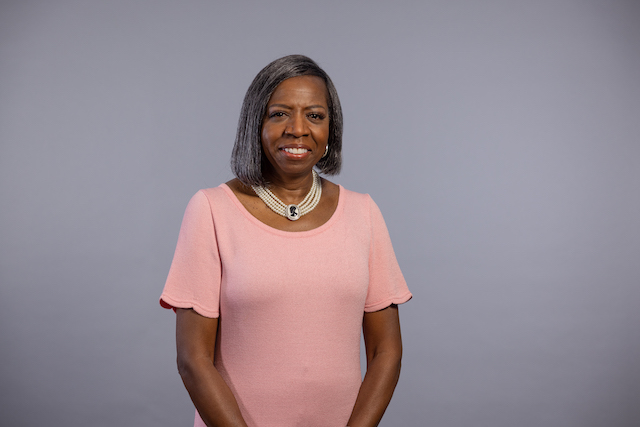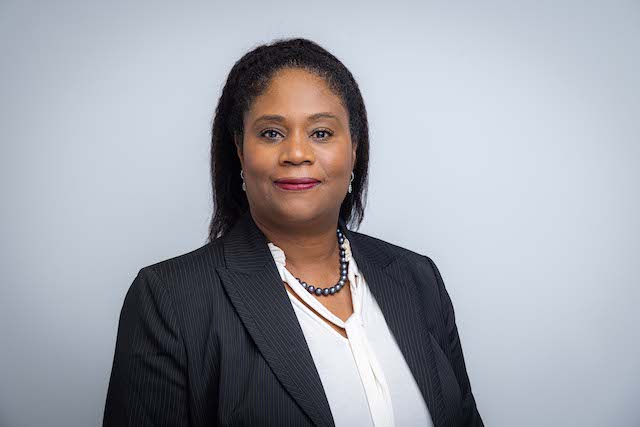
January 22 marked the 50th anniversary of Roe v. Wade, the Supreme Court decision that made abortion a constitutional right.
It is painful to reflect on this date in the wake of the Supreme Court’s decision last year to overturn Roe with the ruling in Dobbs v. Jackson Women’s Health Organization.
Perhaps most painful is that Dobbs tells us something that we already knew: Health and health care prioritize men. Everything from clinical care to research starts with serving the needs of men—particularly, White men. This is but one example of how patriarchy and racism intersect to make women’s rights and health invisible and low-priority.
In the wake of Dobbs, the Roe anniversary is a critical moment for everyone to re-evaluate how we center and respect women and their rights.
As Black women, as physicians, and as civil servants of the nation’s largest health department and healthcare system, we were pleased to see New York City begin to develop an agenda for women’s health. In a major speech on January 17, Mayor Eric Adams declared that New York City will become the “healthiest city for women and girls in the nation.” (Click here to read the transcript. Click here to view the video.) That declaration, and the work we are doing, is one step forward in the long journey towards the full expression and prioritization of women’s health and rights.
All of us entered medicine because we wanted to provide women with personal, informed, compassionate and excellent care. As both providers and consumers of health care we see the inequities in the care we receive and in the environments in which we work. Unfortunately, our experiences are shared by millions of other women of color. This reality calls for a public health system that stands for anti-racism, reproductive justice and economic rights for women.
Among the initiatives Mayor Adams initiated was the expansion of our doula program to the neighborhoods with the greatest needs and the launch of the first-in-the-nation Abortion Access Hub. The hub connects callers in New York and nationwide to licensed abortion care providers and supports such as transportation and insurance.
Ensuring medication abortion is available at New York’s city’s public health clinics is another way we are delivering on our conviction that abortion services are an essential part of reproductive care.
It is important that NYC is centering investment in women’s health, because the current inequity results in intergenerational harm and limits the possibilities for women and girls. We applaud the city’s efforts to make workplaces more female-centric and focus on the entire lifespan of women—from adolescent medicine to menopause and beyond.
Those of us on the front lines of medicine and public health know that we have a long way to go to end gender, racial and other unfair, avoidable, and unjust difference in health outcomes. Unfortunately, these policies and practices that create these unfair differences are deeply embedded in the entire medical system, from medical school curriculum to practice in community clinics.
In New York City, Black women are nine times more likely to die of a pregnancy-related cause than white women, and their rate of infant mortality is more than three times higher. The causes of this terrible fact include everything from experiences of discrimination to less access to high quality health care, higher rates of poverty and being uninsured, unhoused, and more.
Note: This Guest Opinion piece is the result of a collective effort by:
NYC Health Department Chief Medical Officer Dr. Michelle Morse, deputy commissioner, Center for Health Equity and Community Wellness

Dr. Leslie Hayes, deputy commissioner, NYC Health Department Division of Family and Child Health

NYC Health and Hospitals Senior Vice President and Chief Medical Officer Machelle Allen, MD

NYC Health and Hospitals Chief Women’s Health Officer Wendy Wilcox, MD, MPH, MBA, FACOG

–END–
NOTE: The views expressed by our Guest Opinion writers are not necessarily those of Chelsea Community News–an independent, hyperlocal news, arts, events, info, and opinion website made possible with the help of our awesome advertisers and the support of our readers. Our Promise: Never a paywall, no pop-up ads, all content is FREE. With that in mind, if circumstances allow, please consider taking part in our GoFundMe campaign (click here). To make a direct donation, give feedback, send a Letter to the Editor, or contact our founder/editor, send an email to Scott Stiffler, via scott@chelseacommunitynews.com.
To join our subscriber list, click here. It’s a free service providing regular (weekly, at least) Enewsletters containing links to recently published content. Subscribers also will be sent email with “Sponsored Content” in the subject line. That means it’s an exclusive message from one of our advertisers, whose support, like yours, allows us to offer all content free of charge.

You must be logged in to post a comment Login